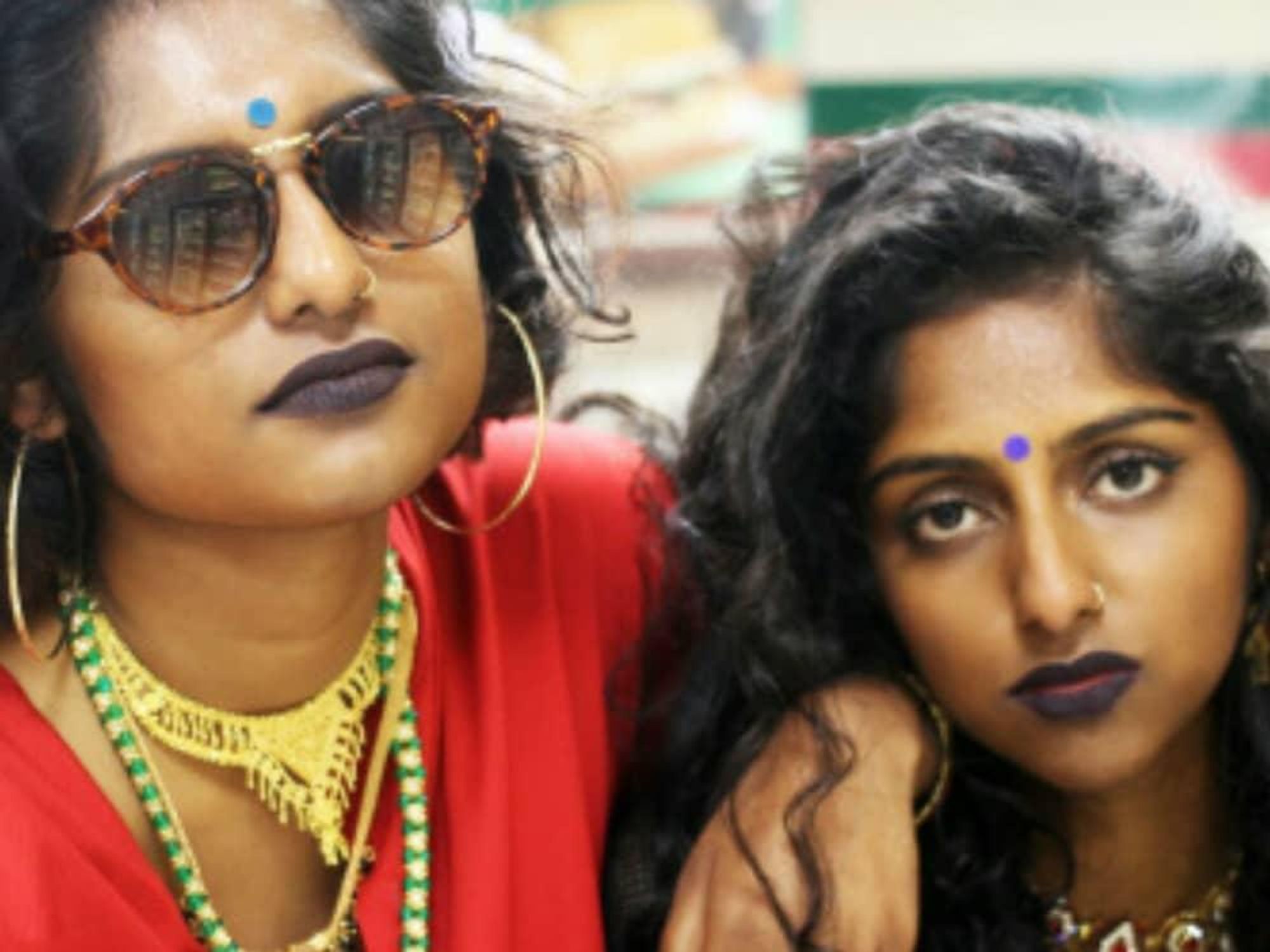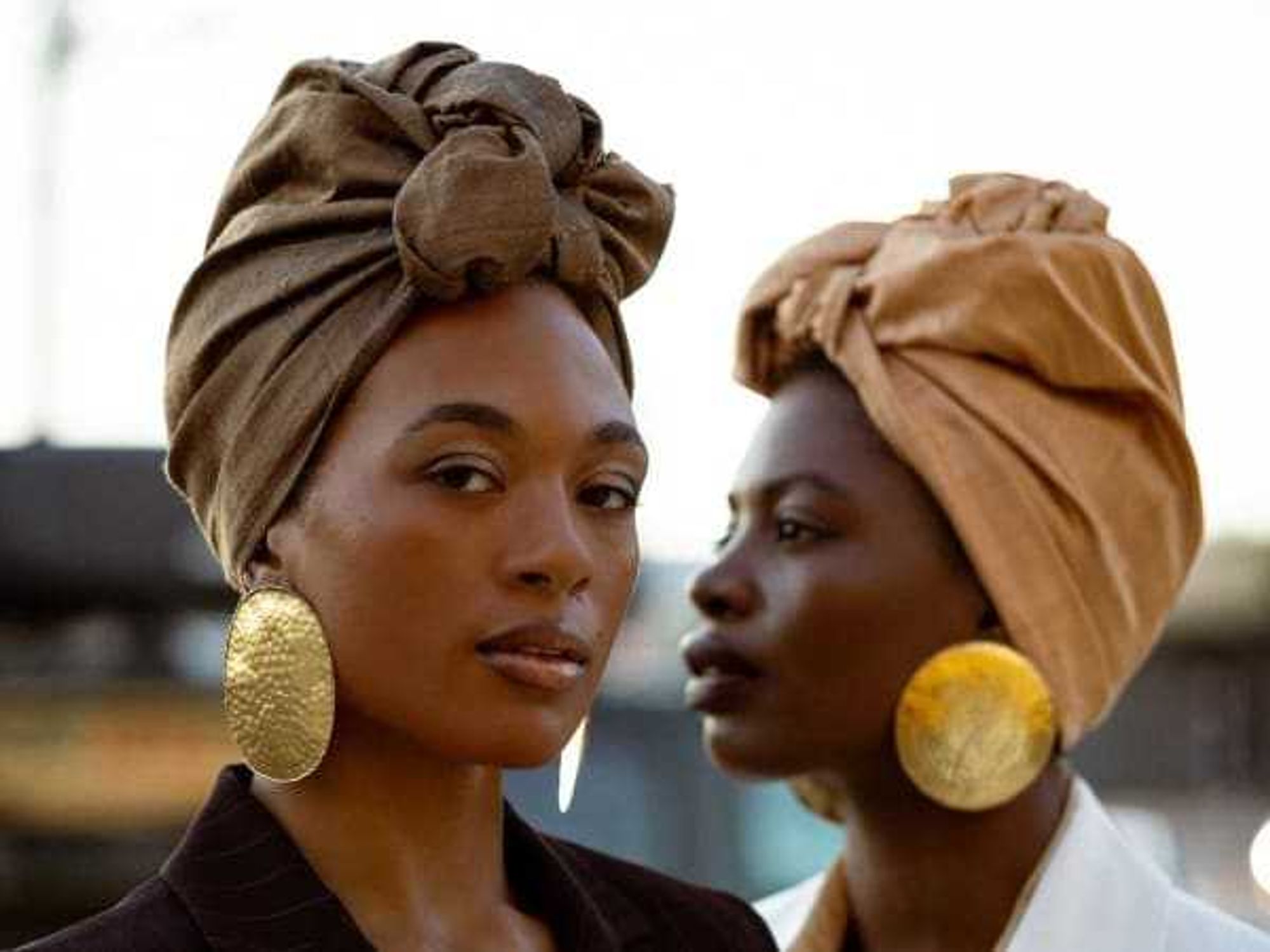Unfair and Lovely
Meet the Austin women behind an empowering campaign to combat racism

In many cultures, dark skin is not considered beautiful. Lighter skin tends to be equated to better status, attractiveness, and appeal. To combat that sentiment, two Austin women have created an inspiring campaign with global resonance.
Fed up with colorism, Austin photographer Pax Jones and fellow UT student Mirusha Yogarajah created a photo series to empower and represent women of color. Titled Unfair and Lovely, the series features photos of Yogarajah and her sister, who are of Tamil descent, as a way to celebrate dark skin. It serves a response to colorism, as well as skin-lightening creams like Fair & Lovely, which are prevalent in South Asian and African countries.
In March, Jones and Yogarajah launched the hashtag #UnfairandLovely on social media, which has become a viral sensation that’s made headlines from BBC News and BuzzFeed to CNN, USA Today, and Self.
Thousands of people across the world have embraced and used #UnfairandLovely as a conversation starter, a platform of activism, and a place to share fashion and beauty-inspired posts. Powerful images and messages of solidarity have emerged from the hashtag, challenging the notion that lighter skin is better.
For Yogarajah, starting #UnfairandLovely was important not only because of prejudice she faced within her own Southeast Asian culture but also because of personal experiences in Austin.
In 2012, West Campus was plagued with a number of instances where balloons filled with bleach were targeted towards people of color.
"I have a bleach stain on my upper thigh about the size of a quarter. Three weeks later, another balloon was thrown at my friends and me, but luckily it hit the road," she says. "It’s frustrating when you are walking back to your apartment and have to be on the lookout for racially motivated attacks."
With #UnfairandLovely, Yogarajah has a global audience to share her story — and the stories of many others.
“Sometimes it was a little draining because you are re-telling stories that are violent and aren’t pleasant. I was happy this issue was getting attention,” she says.
“It is weird, though, because all I did was pose for some pictures and create a hashtag. But at the same time, I’ve gotten so many positive messages from people, girls saying they didn’t buy lighter foundation from Sephora, or asking, ‘How do I learn to love myself with dark skin?’”
Yogarajah graduated from UT this spring, majoring in government and African studies, and will attend graduate school at the University of Toronto, studying public policy. She also plans to expand her advocacy work, the majority of which focuses around anti-blackness, especially in regards to racial violence and police brutality.
“I’m queer, I’m a Tamil woman, and I’m an immigrant. I want to write discourse on these topics and self-love and how to overcome obstacles. I want to spread the message beyond just pictures and ignite more conversations,” she says.
